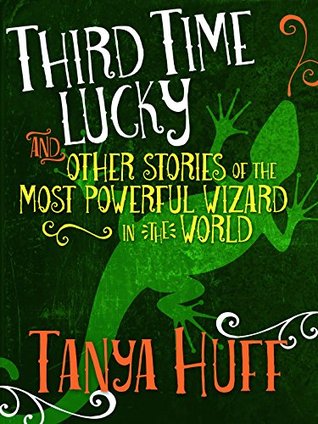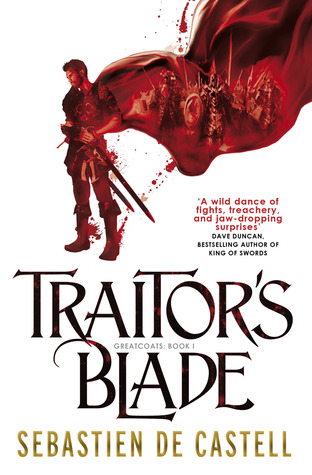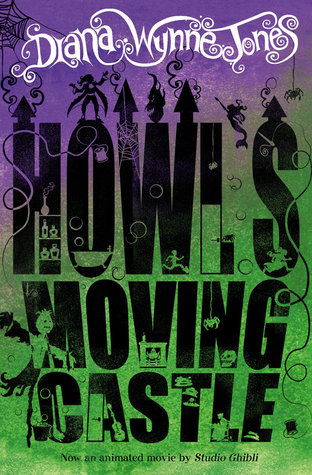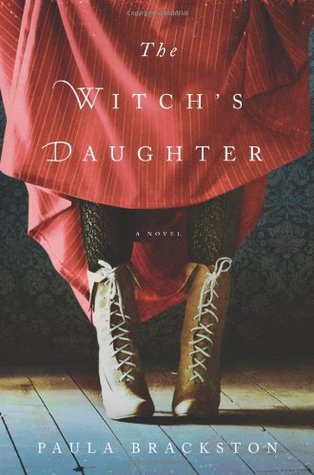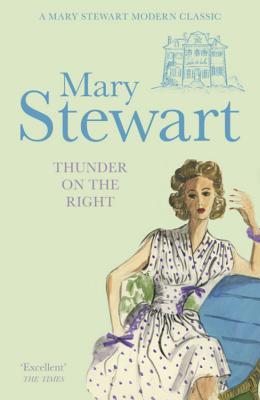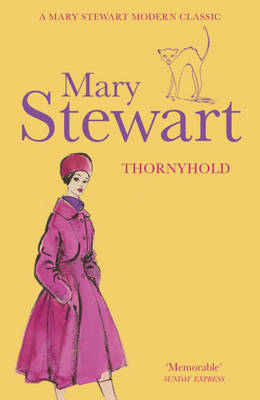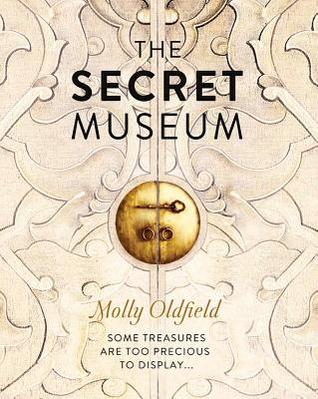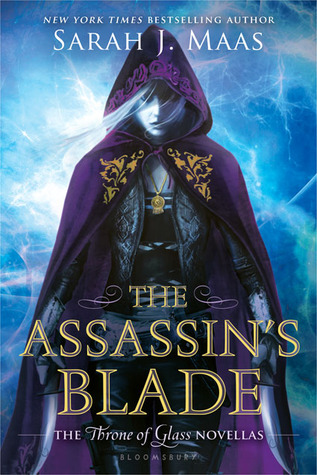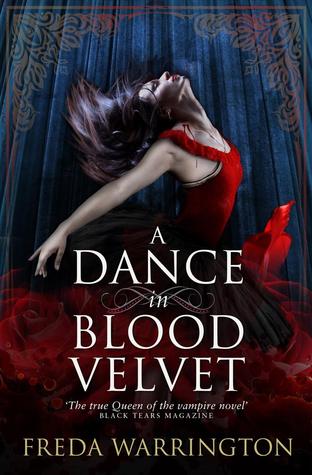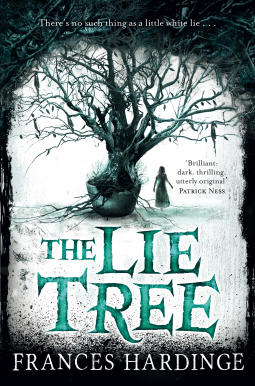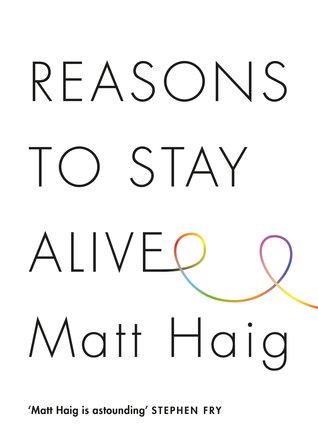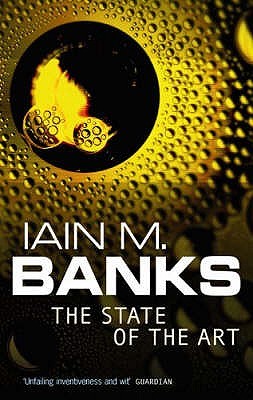Okay, so there’s no progress yet, because there’s still about two hours to go. But this is where I will put all updates on my progress, responses to mini-challenges, etc. My stack is here, but really I’ll be choosing anything from my vast backlog. I’ll start with finishing off Voyage of the Basilisk, by Marie Brennan, and The Secret Museum, by Molly Oldfield, since that will get me off to a flying start and I didn’t quite manage to finish them up yesterday. Reviews will go into the queue, which means you won’t see them until a few weeks into May… sorry!
Looking forward to it! Here’s me and my Captain America bear, still in our jammies for now…

13.45: Nearly finished with my first book, The Secret Museum. Here’s the opening meme:
1) What fine part of the world are you reading from today? Cardiff, Wales.
2) Which book in your stack are you most looking forward to? All of them? Maybe A Darker Shade of Magic (V.E. Schwab). I’ve wanted to read it for months.
3) Which snack are you most looking forward to? My sweet n’ salt popcorn!
4) Tell us a little something about yourself! I’m 25, and I can’t literally ‘breathe books’, but close enough.
5) If you participated in the last read-a-thon, what’s one thing you’ll do different today? If this is your first read-a-thon, what are you most looking forward to? I’m planning to be pretty relaxed about it. Rather than forcing myself to stay awake to read, I’ll just read; if I get too tired, I’ll sleep. But I’ve always found that when I purposefully stay awake to read, I can’t, and when I just pick a book up and get absorbed, I don’t get sleepy at all. We’ll see how it goes!
14.08: First book finished. I’m going to jot down my initial thoughts for a review, and then go see a couple of blogs to say hi!
15.01: I seem to have developed one of my headaches just as soon as it knew it’d be inconvenient for me. Sigh. Anyway, I’m now reading Voyage of the Basilisk; my reading tracker estimates it’ll take me another hour to finish it. I love it.
Oh, and me and Steve-bear are suited up now, including one of my book necklaces (made by Paper Fury!). Do you recognise that cover?

16.40: Just finished Voyage of the Basilisk. Not sure what to go with next — maybe Batgirl, for a change of pace?
17.33: Owww, my head. But I just finished Batgirl: Death of the Family! Crap, I forgot how dark DC comics are.
19.24: Headache somewhat better now. Currently rereading Touch Not The Cat (Mary Stewart), because I felt the need for something familiar. I’ve forgotten the resolution of the mystery entirely…
20.10: ReadMore reckons I’ve got about an hour and a half to go with Touch Not The Cat, and whether it was my anti-anxiety meds or the paracetamol finally kicking in, my headache has abated. Now I’m gonna go check out some blogs again for a little break.
21:44: Still working on Touch Not The Cat, though I have remembered pretty much all the resolution now. 25% to go. I’m pondering having a bath once my partner’s gone to bed and isn’t about to keep me awake anymore.
22.16: Definitely going to bath. Once I’ve finished Touch Not The Cat, I think it’ll be Shades of Milk and Honey (Mary Robinette Kowal) or The Winter Sea (Susanna Kearsley). But we’ll see how my whimsy takes me (which now makes me think I might just read Strong Poison).
00.54: Bath done! Wow, was I that long in there? Oops. I finished Touch Not the Cat and read all of Shades of Milk and Honey. Not sure what’s next, but I think perhaps Jo Walton’s The Just City while I’m still awake enough to appreciate it.
01.11: Now I’ve caught up on some blogs and stuff, I think I’ll get back to reading, though I am yawning ominously. First, though, the mid-event meme:
1. What are you reading right now? I’ve just finished everything I had on the go, actually.
2. How many books have you read so far? Five.
3. What book are you most looking forward to for the second half of the Read-a-thon? I’m keeping my options open, really. Perhaps The Winter Sea (Susanna Kearsley).
4. Have you had many interruptions? How did you deal with those? I have, but I just took them in my stride. I’ve learnt it’s no use fretting about them, and I certainly get enough read anyway!
5. What surprises you most about the Read-a-thon, so far? Nothing, really; I’m an old hand. Perhaps the sheer number of people this time!
02.25: I did start The Just City. I’m a little surprised; I thought it would be a quick read, but ReadMore reckons I’ve got three and a half hours left with it. Oh well; three and a half hours in company with Jo Walton is no bad thing.
03.20: ReadMore is being a little more optimistic now about how long it’ll take me to finish The Just City. But I might get sleepy now; I’m cold, so I’m going to cwtch up in bed with my electric blanket on. I might play a bit of chess too, to keep my brain awake!
04:07: Did play some chess, but kind of zoned out too — I haven’t read anything since my last update. I’m going to get some sleep and try to get up at my usual time (08.30) so I can finish The Just City and also read The Buried Life before the end of the ‘thon. That’ll be just four hours sleep, so it’s a compromise between knowing how much my mental health depends on sleep and how much I want to read!
09.15: I’m now up and I’ve had breakfast, so hopefully I can settle down to read again once I’ve caught up with comments and posts!
09.45: I’m not feeling the reading, so I’m going to do a bit of impromptu cheering and write up my reviews for the five books I did finish. Not bad, even if my brain isn’t cooperating this morning!
11.00: Still writing reviews, wow. Apparently I have lots of thoughts to share!
11.24: There, reviews done. Going to wander through some blogs now and try to say hi/encourage people still going. Or encourage people who need sleep to go ahead and sleep; I’m not so fond of the people urging other people to stay awake when they’re past their tolerance. Social pressure is no fun.
12.36: Time for the end of event meme!
- Which hour was most daunting for you? None, really. I took it fairly easy this year.
- Could you list a few high-interest books that you think could keep a Reader engaged for next year? I like having a good mixture, with contrasts between the books; that’s the key for me, rather than a specific book. I enjoy Mary Stewart and Susanna Kearsley’s work when I’m tired and in need of something unchallenging and fun.
- Do you have any suggestions for how to improve the Read-a-thon next year? No.
- What do you think worked really well in this year’s Read-a-thon? I liked the cheerleading a lot more this time; it seemed more substantive and I saw the same people a few times.
- How many books did you read? Five.
- What were the names of the books you read? Let’s see: Voyage of the Basilisk, The Secret Museum, Batgirl: Death of the Family, Touch Not The Cat and Shades of Milk & Honey.
- Which book did you enjoy most? Probably Voyage of the Basilisk, it’s the only one I five-starred.
- Which did you enjoy least? Probably Batgirl; it was a bit too dark for me.
- If you were a Cheerleader, do you have any advice for next year’s Cheerleaders? I wasn’t. I just randomly wandered and said hi. But my advice is always to engage with the post, rather than just copy/pasting something pre-prepared.
- How likely are you to participate in the Read-a-thon again? What role would you be likely to take next time? I will, and most likely I’ll be a reader, maybe a mini-challenge host, and an informal cheerleader.
